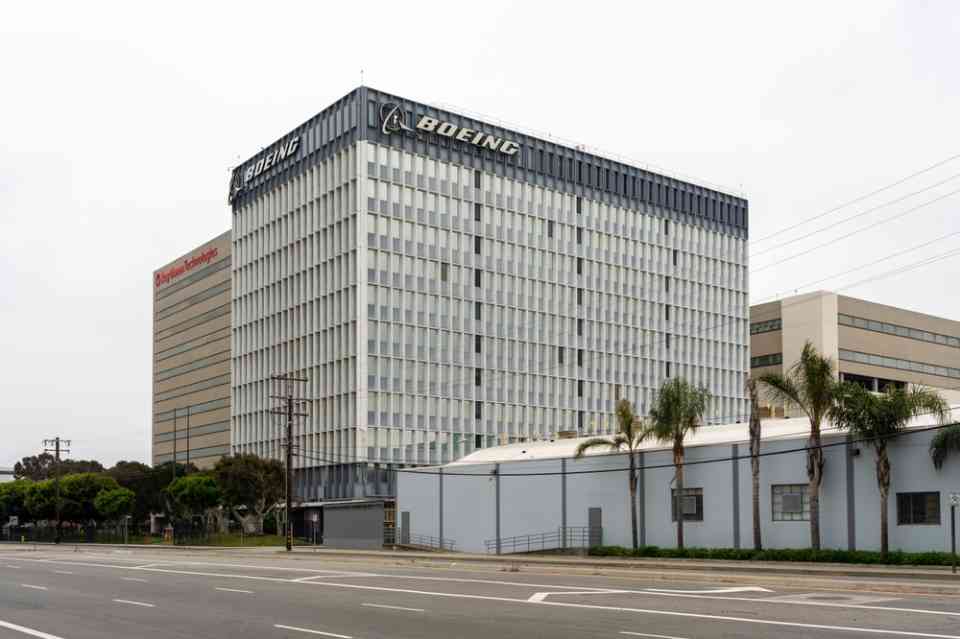Ortberg Pledges Cultural Overhaul and Operational Stability as Financial Struggles Deepen
Boeing has reported staggering financial losses for the quarter, with its new CEO, Kelly Ortberg, acknowledging that it will take significant time to restore the aerospace giant’s reputation and financial stability. Ortberg, who assumed leadership in August, has committed to transforming Boeing’s corporate culture, stabilizing its operations, and improving program execution amid one of the toughest periods in the company’s history.
For the quarter, Boeing’s net losses surged to $6.2 billion, a sharp increase from the $1.6 billion loss recorded in the same period last year. The commercial airplane division, long plagued by production setbacks, accounted for $4 billion in operating losses. Compounding these challenges, Boeing is facing a strike involving 33,000 members of the International Association of Machinists, which began on September 13 and has significantly disrupted its manufacturing capabilities.
The strike, which affected only the final two weeks of the quarter, was not solely to blame for Boeing’s financial woes. The company took a $3 billion pre-tax charge due to further delays with its next-generation 777X commercial jet, pushing deliveries to 2026. Additionally, Boeing reported a $2 billion pre-tax charge tied to issues with various space and defense programs, including its troubled Starliner spacecraft.
Despite the challenges, Ortberg has emphasized that resolving the strike is Boeing’s top priority. Negotiations are ongoing, and members of the International Association of Machinists were voting on Boeing’s latest contract offer on Wednesday. The proposal includes a 35% wage increase over four years, along with an immediate 12% raise. However, it does not restore the traditional pension plan that Boeing eliminated a decade ago, a key sticking point for union members.
Even if the strike concludes soon, Ortberg warned that restoring operations to pre-strike levels will take time. The company has yet to provide a clear timeline for resuming production of its 737 Max jets at the previous rate of 38 per month. Financial analysts estimate that the strike is costing Boeing an additional $1 billion per month, adding to the company’s existing financial burdens.
Boeing’s shares, which have already seen a 39% decline earlier in the year, fell by more than 3% following the earnings report. With operating losses in nearly every quarter since 2019 and a core operating deficit of $39.3 billion due to setbacks with the 737 Max, Boeing’s path to recovery is far from certain.
In addition to production delays, Boeing’s substantial debt load continues to grow, reaching $53 billion by the end of September, up from $47 billion at the start of the year. The company has announced plans to raise another $25 billion through borrowing and stock and debt sales to cover ongoing losses.
Despite these challenges, Boeing remains a cornerstone of the U.S. economy, supporting 1.6 million jobs and contributing $79 billion annually. As part of a duopoly with Airbus, Boeing’s long-term survival is not in question, though its path to profitability will require significant restructuring, innovation, and operational efficiency.
With Kelly Ortberg now at the helm, Boeing’s future hinges on his ability to lead the company through a complex transformation that balances workforce demands, technological advancements, and financial recovery.
Post Views: 231
















